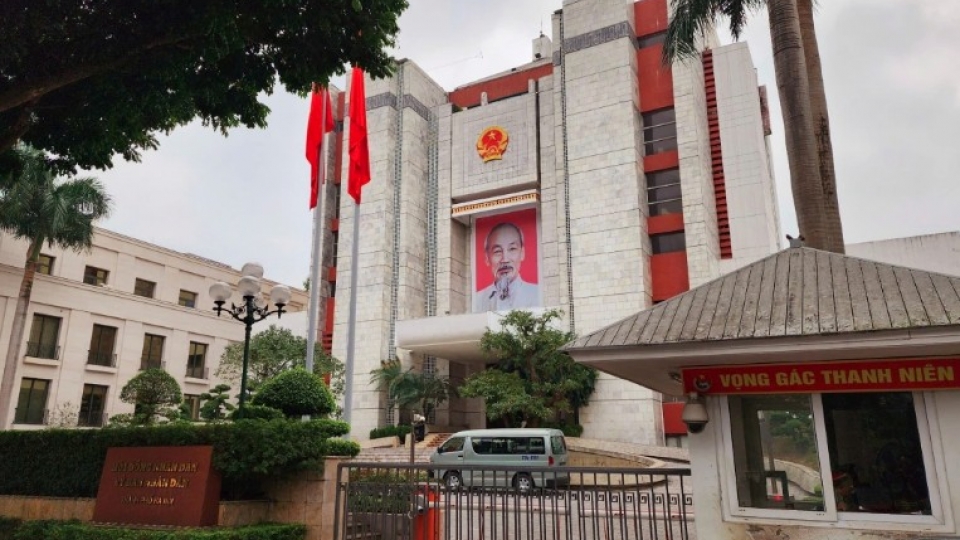Two-tier local government – A historic reform: Chinese scholar
Vietnam’s sweeping administrative reform, which came into effect on July 1 with the merger of its 63 provinces and centrally-run cities into 34 units and the official transition to a two-tier local government model comprising provincial and communal levels, has drawn widespread attention in Chinese public and academic circles.

In an interview with the Vietnam News Agency correspondent in Beijing, Prof. Dr Cheng Hanping, Executive Director of the Regional and Country Research Institute and Director of the Vietnam Research Centre at Zhejiang University of Technology, described the move as a historic reform. He noted that the change reflects the strong resolve of the Central Committee of the Communist Party of Vietnam (CPV) and the bold vision of its leadership for the country’s future.
Professor Cheng highlighted that the adoption of the two-tier system demonstrates the CPV’s strong implementation capacity across all levels.
This marks the beginning of a new era in Vietnam, as envisioned by its leaders, he said, elaborating that although simple in appearance, this step represents a major leap forward in the nation’s development journey, promising benefits not only for current generations but also for those to come.
He further assessed that such a strong reform will have a significant impact on Vietnam’s future development in several key areas. It will reduce bureaucratic redundancy, ease the burden on taxpayers, and help streamline policy implementation, ensuring that all sectors focus on serving the people and advancing national development.
Importantly, Cheng noted, the reform sends a clear political message: public officials are accountable and can be removed if they fail to perform.
Commenting on the two-tier local government model, the Chinese scholar called it a valuable example for the world, especially for neighbouring China, which shares similar conditions. Vietnam, he said, has taken bold and courageous measures to eliminate overlapping institutions, cut unnecessary civil servants, reduce the burden on government agencies, and lower taxes for the people.
This reform is also a message that civil servants must prove their competence and make a real difference in their work, Cheng added.



